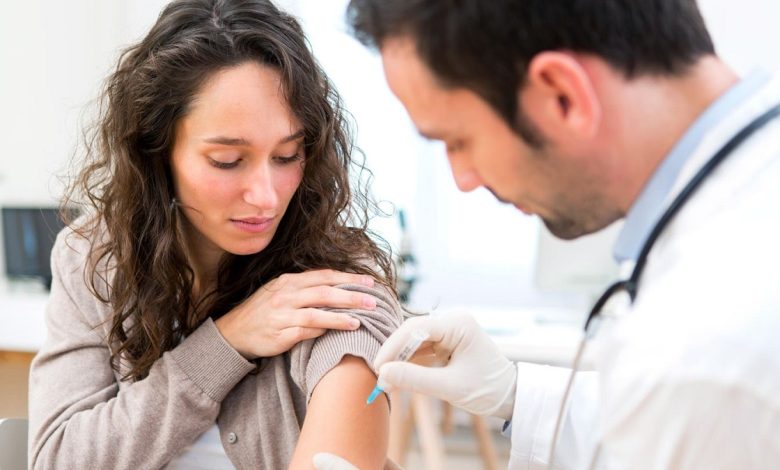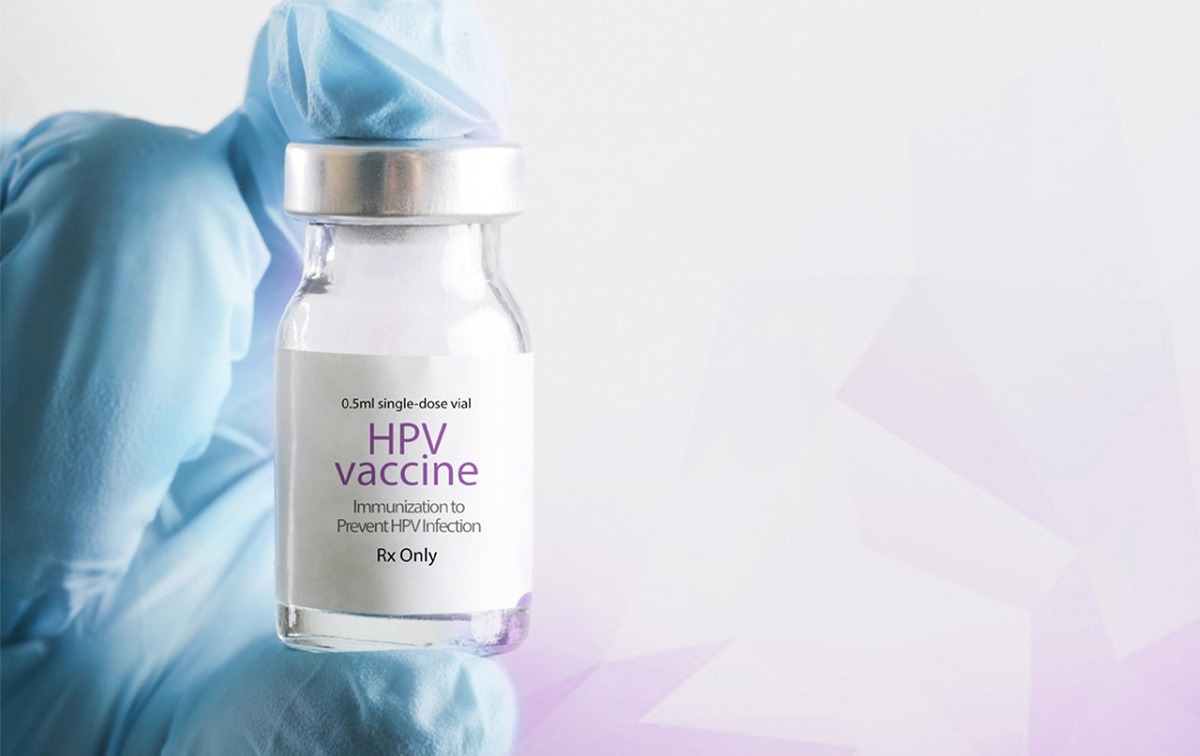HPV Vaccine Reduces Cervical Cancer Mortality Rates

HPV Vaccine: Cervical cancer mortality rates among women under the age of 25 have significantly decreased, a change that researchers attribute to HPV vaccination.
A study conducted by the MUSC Hollings Cancer Center, published in the JAMA journal, is the first to examine the impact of HPV vaccination on cervical cancer mortality rates.
HPV Vaccine, According to Technology Network, Ashish Deshmukh, the lead author and co-director of the Cancer Prevention and Control Research Program at MUSC, stated:
“We observed a significant reduction in mortality rates—a 62% decline in cervical cancer deaths over the past decade, likely due to HPV vaccination. We have no other plausible explanation for such a decrease.”
HPV Vaccine Reduces Cervical Cancer; The Role Of HPV In Cervical Cancer

HPV Vaccine, Almost all cases of cervical cancer are caused by the human papillomavirus (HPV). The HPV vaccine, first introduced in 2006, was initially available only for adolescents. However, it is now approved for administration to adults up to the age of 45 in certain cases.
Evidence Of Vaccine Efficacy
HPV Vaccine, Previous studies have demonstrated a reduction in HPV infections, precancerous lesions, and cervical cancer incidence since the introduction of the vaccine. Dr. Deshmukh explained that assessing mortality rates was a logical next step.
While cervical cancer is rare in women under 25, it still occurs. By analyzing mortality rates in this age group, researchers were able to observe the early effects of the vaccine. Women who turned 25 in 2021 (the final year of the study) were just 10 years old when the vaccine was first introduced.
HPV Vaccine, Researchers examined three-year intervals of cervical cancer mortality. During the 1990s, there were 50 to 60 reported deaths from cervical cancer in women under 25 within each three-year period. In contrast, between 2019 and 2021, only 13 deaths were recorded.
Challenges Ahead

HPV Vaccine, Despite this progress, the research team warns that achieving the goal of an HPV-free population by 2030 requires an 80% vaccination rate. However, the U.S. Centers for Disease Control and Prevention (CDC) reported in early 2024 that only 60% of individuals aged 13 to 15 had completed the vaccination series.
Dr. Deshmukh noted that HPV vaccination rates among younger generations in the U.S. have declined following the COVID-19 pandemic, making it less likely to reach the stated goals.
Also Read:
Obesity And Vaccine Efficacy: Obesity Can Reduce The Effectiveness Of The Vaccine




